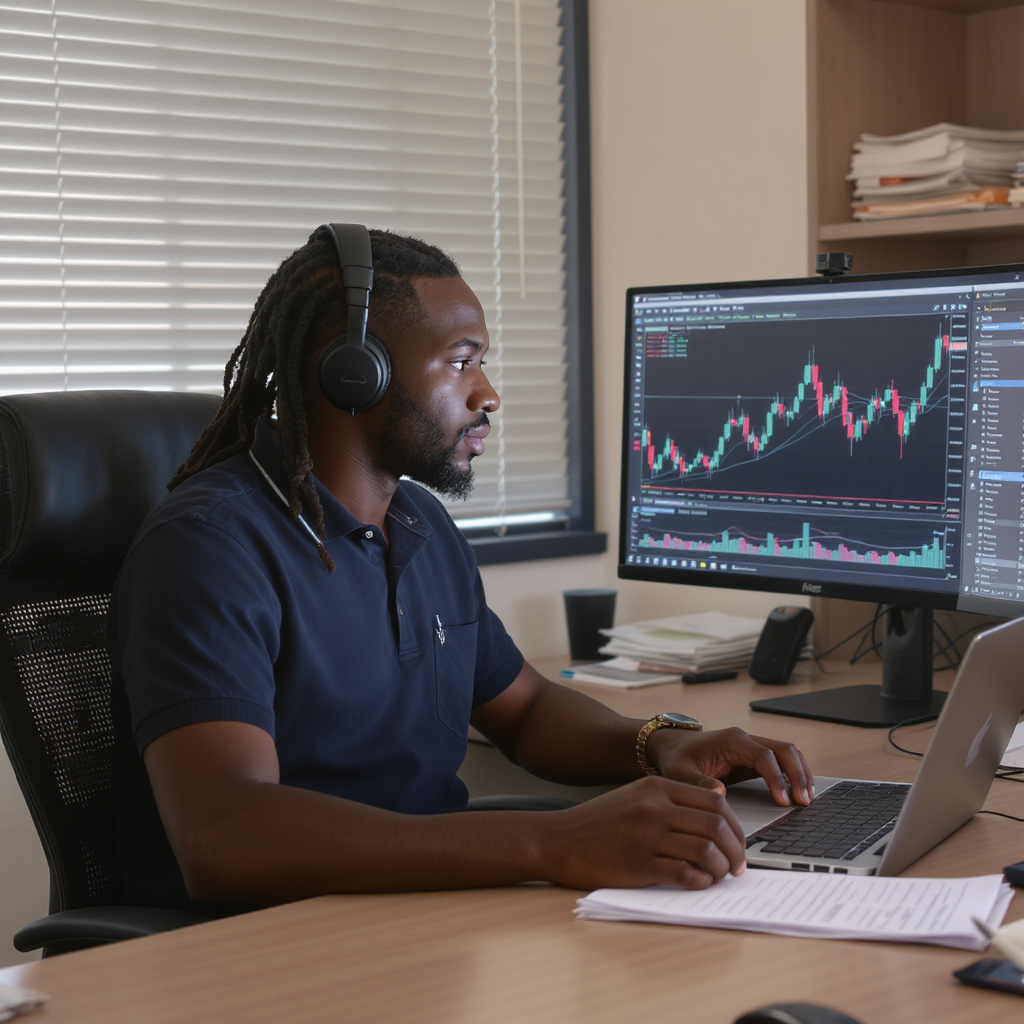South Africa has become one of the most active forex trading hubs on the African continent. A mix of strong financial infrastructure, access to international brokers, and a growing base of retail traders has made the country a focal point for currency trading. With thousands of new accounts opened each year, the role of forex brokers in South Africa is more important than ever. Choosing the right broker is the difference between safe participation in the global forex market and exposure to unnecessary risks.

The Growth of Forex Trading in South Africa
Forex trading in South Africa has accelerated over the past decade, largely because of internet penetration, mobile connectivity, and increased awareness of global markets. South Africans are particularly active in trading major pairs such as EUR/USD, GBP/USD, and USD/JPY, while also taking an interest in commodities like gold, which often trade in correlation with the local economy.
The rise in retail traders has created demand for brokers that can provide reliable execution, transparent pricing, and platforms suited to both beginners and professionals. With more choice, however, comes the challenge of separating trustworthy firms from those that operate without proper oversight.
Local Regulation and Oversight
One of the advantages South Africa has compared to many African markets is a dedicated regulatory authority. The Financial Sector Conduct Authority (FSCA) supervises brokers operating in the country, setting rules on conduct, advertising, and client protection.
While many international brokers offer services to South Africans under licenses from jurisdictions such as the UK’s FCA, Cyprus’ CySEC, or Australia’s ASIC, having FSCA oversight provides an additional layer of protection. Traders are advised to prioritize brokers with either direct FSCA registration or strong international regulation.
Unregulated brokers are still a concern. They may offer attractive bonuses and extremely high leverage, but traders often face issues with withdrawals, hidden costs, or sudden changes in trading conditions.
Key Considerations for South African Traders
When selecting a broker, South African traders should look beyond regulation to the trading conditions offered. Tight spreads on major pairs, fast execution during volatile news events, and access to platforms such as MetaTrader 4, MetaTrader 5, or cTrader are critical.
Funding and withdrawals are also an important factor. Brokers that support local banking channels, debit card payments, or South African payment processors make the trading process easier and faster than those relying solely on international transfers. Customer support availability in local time zones is another practical consideration.
Independent Resources
Because the South African forex market is growing so quickly, independent reviews and comparisons are vital. Resources such as forexbrokersza.com provide detailed insights into brokers serving South African traders, covering regulation, platforms, account types, and deposit methods. These resources are particularly valuable for highlighting which firms have a genuine presence in the region and which simply target it remotely.
Final Perspective
South Africa offers one of the most structured environments for forex trading in Africa, supported by the FSCA and a mature financial system. Even so, traders must remain cautious, as the global nature of forex trading means unregulated brokers still attempt to enter the market. By focusing on regulation, transparent trading conditions, and reliable local support, South African traders can take advantage of forex opportunities while minimizing risks tied to broker selection.
